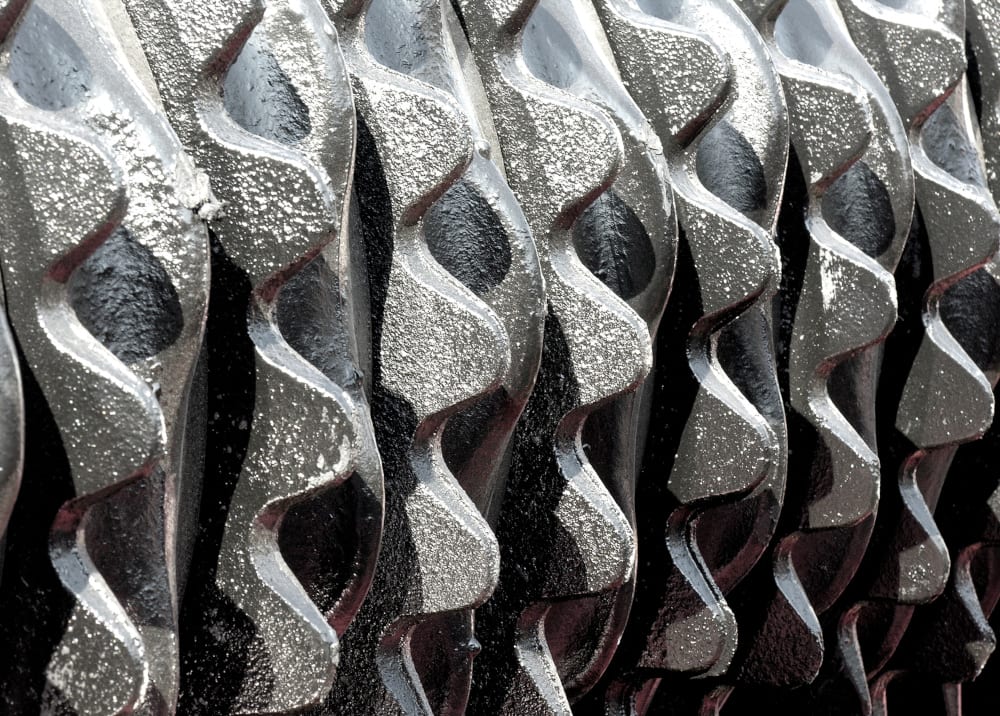Eldorado Brasil expected to get back to M&A following end of J&F/Paper Excellence legal dispute
- Tissue space, packaging segment potential areas for acquisition
- Deals likely to be reviewed by Brazil’s antitrust authority CADE
Brazilian pulp producer Eldorado Brasil is expected to resort to acquisitions as part of its growth strategy after ending legal disputes involving J&F and Paper Excellence, according to local M&A advisors.
“The company was held back by the corporate dispute and failed to take advantage of good acquisition opportunities, while competitors like Suzano, CMPC, and Bracell advanced in the sector,” said Daniel Gildin, founding partner at local M&A boutique Fortezza Partners. “Now, the expectation is that Eldorado will become more active in M&A, as it may be the only buyer option for some assets, given that competitors have already positioned themselves in recent years,” Gildin added.
São Paulo-based conglomerate J&F announced earlier this month the acquisition of Paper Excellence’s 49.41% stake in Eldorado for USD 2.64bn, according to a Portuguese-language joint statement. The agreement ends all ongoing legal and arbitration proceedings in Brazil and abroad involving British Columbia, Canada-based Paper Excellence and J&F, which has become Eldorado’s sole owner.
“The Eldorado deal boosts J&F as Brazil’s largest privately held business group, and we know that its shareholders have an aggressive profile when it comes to expansion and M&A,” noted Marcos Camilo, founding partner at local M&A advisory firm Pulse Capital.
Behind J&F are the Brazilian brothers Joesley and Wesley Batista, who turned meat processor JBS into the world’s largest protein producer in recent years, Camilo said. They also expanded the footprint of other portfolio companies like digital wallet app developer PicPay, digital bank Banco Original, and energy company Ambar Energia.
“Any M&A move would depend on Eldorado’s strategic plan as it kickstarts a new growth phase,” said Daniel Tardelli, M&A partner at local legal firm Rolim, Goulart, Cardoso Advogados. “Acquisition opportunities should be found throughout the entire paper and cellulose industry chain,” Tardelli said.
Eldorado could resort to M&A and land allotment agreements to expand its output and extract further synergies from its current industrial installations, Tardelli noted, adding that there are many opportunities for new eucalyptus farms in Brazil’s countryside. The company could also turn its eyes to ready-made eucalyptus plantations that could be willing to shop themselves, pointed Pulse Capital’s Camilo.
Headquartered in Sao Paulo, Eldorado has industrial and forestry operations in the state of Mato Grosso do Sul, in addition to its own port terminal in the city of Santos. It also owns commercial offices in Shanghai (China), Vienna (Austria) and Dania Beach (United States) that serve as strategic hubs for its foreign operations, according to its website.
Acquisitions could also take place to leverage Eldorado’s technology amidst the emergence of drone- and AI-based solutions for agribusiness, as well as towards producing renewable energy for its highly energy-intensive operations, Tardelli said.
Many players in the pulp and paper industry have lately relied on M&A to verticalize their operations, and it would make sense to see Eldorado following the same path, said Fortezza Partners’ Gildin. “When your raw material is a commodity, you become very dependent on price fluctuations and external factors,” Gildin noted. “Eldorado could eventually venture into the tissue and consumer’s final product space to add value to cellulose,” he added.
Beto Abreu, CEO of Sao Paulo-based Suzano, told journalists in a conference call earlier this month that the pulp and paper maker is exploring potential acquisitions in the textile market, packaging, fluff pulp, and tissue sectors.
Santiago-based CMPC, in turn, plans to invest USD 700m this year – of which 50% is likely to go to Brazil, chairman Bernardo Larrain Matte told Diario Financiero in April. Funds will be allocated mainly to industrial pulp, expansion of forest plantations—especially in Brazil—and to the packaging and Softys businesses, according to the report.
Despite the ongoing deals in Brazil’s paper and cellulose industry chain, there are still a few independent businesses in the tissue space, such as Parana-based Milli SA and Santa Catarina-based Cia Canoinhas, Gildin pointed out, adding that such players were cited only as an example of companies that remain independent.
Eldorado could also eventually look for tissue players in financial distress to acquire a well-known brand or absorb a solid customer base, Gildin said. Many companies in this niche invested to bolster their output just before the hike of cellulose prices back in 2022 and have since coped with high debt levels, he added.
The packaging segment could also be a good place for acquisitions on the back of the global exponential growth of the ecommerce industry and the increasing search for more environmentally-friendly substitutes for plastic packaging, Pulse Capital’s Camilo noted.
“You earn higher margins in the retail space. Take JBS as an example, as it goes from producing protein to selling meat and frozen food products through its retail store chain Swift,” Camilo noted.
Any deal that may eventually be announced by Eldorado is expected to be reviewed by Brazil’s antitrust authority CADE, as the parties would likely meet the agency’s revenue thresholds, the three sources said.
Under Brazil’s regulations, mergers that must be filed with CADE are those involving at least one economic group with a gross annual turnover from BRL 750m (USD 132m) in the year prior to the transaction, and another group with a gross annual turnover of at least BRL 75m in the year prior to the transaction.
Eldorado declined to comment.










